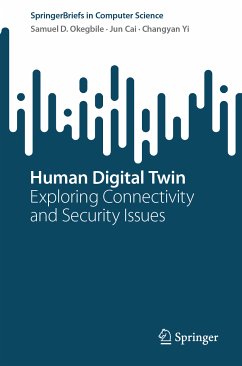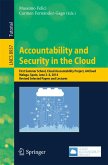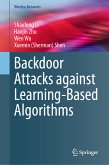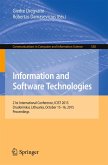Samuel D. Okegbile received the Ph.D. degree in computer engineering from the University of Pretoria, South Africa, in 2021. He is currently a Postdoctoral Fellow in the Network Intelligence and Innovation Laboratory, Department of Electrical and Computer Engineering, Concordia University, Montreal, QC, Canada. His research interests are in the area of human digital twin as well as pervasive and mobile computing which includes various interesting topics on the Internet of Things, data sharing, artificial intelligence, wireless communication networks, and blockchain. He has received several awards, including the Horizon postdoctoral scholarship, the SENTECH scholarship and the University of Pretoria Doctoral Scholarship. He is also a regular reviewer for some IEEE journals and conferences and served as the Publication Chair for the 2023 Biennial Symposium on Communications.
Jun Cai received the Ph.D. degree in electrical engineering from the University of Waterloo, Waterloo, ON, Canada, in 2004. From 2004 to 2006, he was a Postdoctoral Fellow with the Natural Sciences and Engineering Research Council of Canada (NSERC), McMaster University, Hamilton, ON, Canada. From 2006 to 2018, he was with the Department of Electrical and Computer Engineering, University of Manitoba, Winnipeg, MB, Canada, where he was a Full Professor and the NSERC Industrial Research Chair. In 2019, he joined the Department of Electrical and Computer Engineering, Concordia University, Montreal, QC, Canada, as a Full Professor and the PERFORM Centre Research Chair. His current research interests include edge/fog computing, eHealth, radio resource management in wireless communications networks, and performance analysis. He received the Best Paper Award from Chinacom in 2013, the Rh Award for outstanding contributions to research in applied sciences in 2012 from the University of Manitoba, and the Outstanding Service Award from the IEEE Globecom 2010. He served as the Registration Chair for QShine 2005, the Track/Symposium Technical Program Committee (TPC) Co-Chair for the IWCMC 2008, the IEEE Globecom 2010, the IEEE VTC 2012, the IEEE CCECE 2017, and the IEEE VTC 2019, and the Publicity Co-Chair for the IWCMC 2010, 2011, 2013, 2014, 2015, 2017, and 2020, the TPC CoChair for the IEEE GreenCom 2018 and the General chair for the 2023 Biennial Symposium on Communications. He also served on the Editorial Board of the IEEE Internet of Things Journal, IET Communications, and Wireless Communications and Mobile Computing.
Changyan Yi is currently a Professor with the College of Computer Science and Technology, Nanjing University of Aeronautics and Astronautics (NUAA), Nanjing, China. He received the Ph.D. degree from the Department of Electrical and Computer Engineering, University of Manitoba, MB, Canada, in 2018. From September 2018 to August 2019, he worked as a research associate in the University of Manitoba, MB, Canada. He was awarded Changkong Scholor of NUAA in 2018, and the Chinese Government Award for Outstanding Students Abroad in 2017. His research interests include game theory, queueing theory, machine learning and their applications in various wireless networks.









